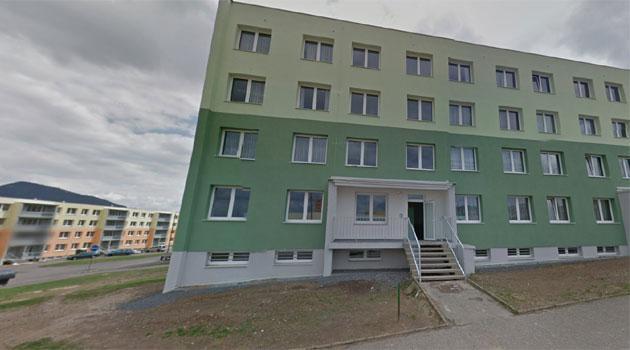Czech city ignores Constitutional Court and refuses to abolish ordinance banning sitting outdoors

The Mostecký deník daily reports that the City of Most is rejecting a call from the Czech Interior Ministry to abolish the unlawful part of a local ordinance banning sitting outdoors other than in locations intended for that purpose. “This is an effective tool for the local police and we do not just want to give it up,” said Mayor Jan Paparega.
The local council will be recommending that local assembly members keep the ordinance as it is, while the local opposition agrees and intends to support the local council members’ plan. “We perceive this ordinance to be necessary,” said Luboš Pitín, speaking on behalf of the “Most Residents for Most” association (Sdružení Mostečané Mostu).
Should the town not take action to overturn the ordinance, the Czech Interior Ministry will begin an administration proceedings to invalidate the illegal section. “The ban established by the ordinance will not apply anymore after that and people will not have to follow it,” Interior Ministry spokesperson Ondřej Krátoška told the daily.
The ministry would then file a motion to abolish the illegal section with the Constitutional Court. By making its decision, the city reportedly wants to buy time to find a different, lawful solution for preventing the disruption of public order.
The ordinance has applied to 11 chosen localities of Most since 2015, and according to the mayor it was adopted as a reaction to numerous complaints and a petition from the residents of some localities about the behavior of their neighbors. Similar ordinances by the towns of Litvínov and Varnsdorf have also banned sitting in public areas where there are no benches and were overturned by the Constitutional Court at the suggestion of the Public Defender of Rights last July.
According to the Constitutional Court, the act of sitting in and of itself does not disrupt public order. While the act of sitting outdoors could be a preliminary step toward committing a misdemeanor, it is not a violent act, which means it does not involve the degree of social harmfulness that might legitimize raising this kind of behavior to the level of committing a misdemeanor, said court rapporteur Jaroslav Fenyk, adding that other towns should follow the Constitutional Court’s decision and overturn similar ordinances on their books.